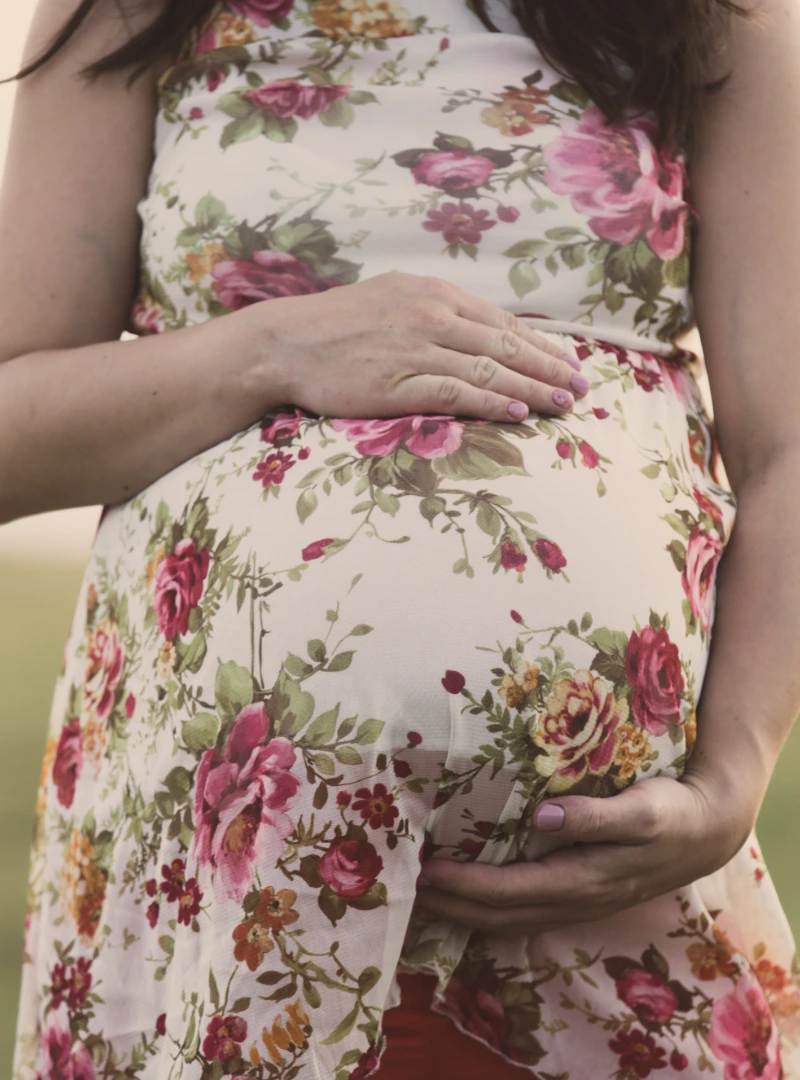
Nausea and vomiting is common and affects most pregnant women in Singapore. “Morning sickness” can occur any time of the day or night and usually begins around the 4th week and settles by the start of the second trimester. In some women it may last longer.
HG is a severe form of nausea and vomiting in pregnancy which affects 1-3% of pregnant women and can lead to dehydration and weight loss. You are more likely to have it worse than others if you:
It is normal to feel helpless from the severe nausea and vomiting; support from family and friends is important.
Through good food choices, you should aim to gain a normal amount of weight during your pregnancy. Calculate your body mass index before pregnancy, and use this chart to help you gauge how much weight you should be gaining during pregnancy. Excessive weight gain can put a strain on your pelvic floor muscles, putting you at higher risk of urinary incontinence and pelvic organ prolapse.
| Recommended pregnancy weight gain (single baby) | Recommended pregnancy weight gain (twins and above) |
| 13 – 18kg | Discuss with dietician |
| 11 – 16kg | 17 – 24.5kg |
| 7 – 11kg | 14 – 23kg |
| 5 – 9kg | 11 – 19kg |
Adapted from Institute of Medicine Guidelines (IOM 2009)
If you are healthy with a normal pregnancy, it is safe for you to engage in regular exercise. Exercise improves your overall fitness and prepares you for a smooth labor and childbirth. It allows you to maintain a healthy weight gain during pregnancy and may decrease your risk of getting gestational diabetes. Exercise does not increase your risk of miscarriage, having small babies, or premature birth.
It is important to note that women with certain health conditions or pregnancy complications should refrain from exercising. These include:
Types of exercises that should be avoided in pregnancy include all kinds of contact sports e.g. touch rugby or any sports that involves high impact ball-play/high velocity e.g. football, basketball, Futsal, water polo, hockey, skiing, lacrosse etc. This is to minimise the likelihood of falls and/or abdominal trauma.
In general, you should aim for 30 minutes of moderate-intensity workout on 5 days in the week. Examples include brisk walking, light jogging, swimming, stationary biking, yoga/pilates (modified for pregnancy). You should be moving enough for you to sweat and for your heart rate to go up.
Down syndrome tests before birth (prenatally) is optional, and is divided into screening and diagnostic. Every woman and pregnancy is different, and your gynaecologist will discuss with you the tests that you are suitable for.
Screening tests pose no risk to your pregnancy and give an estimated risk. As screening tests are not perfect, low risk results from a screening test does not 100% guarantee that your baby does not have Down syndrome (or any other genetic disorder).
Diagnostic tests are invasive, pose a small risk to your pregnancy and give a definitive answer as to whether your baby is affected by Down syndrome, although they still do not guarantee that your baby is otherwise genetically normal.
This is recommended as pregnant women who catch the flu tend to fall sicker, have more complications and need hospitalisation more than non-pregnant women. Their babies are also at increased risk of being small or being born prematurely.
The flu vaccine can protect your baby in the first few months of life. It should be taken in each pregnancy even if you got it in a previous pregnancy. It contains trace amounts of egg proteins and antibiotics – speak to your gynaecologist if you have any allergies.





Aster Gynaecology © | All Rights Reserved.